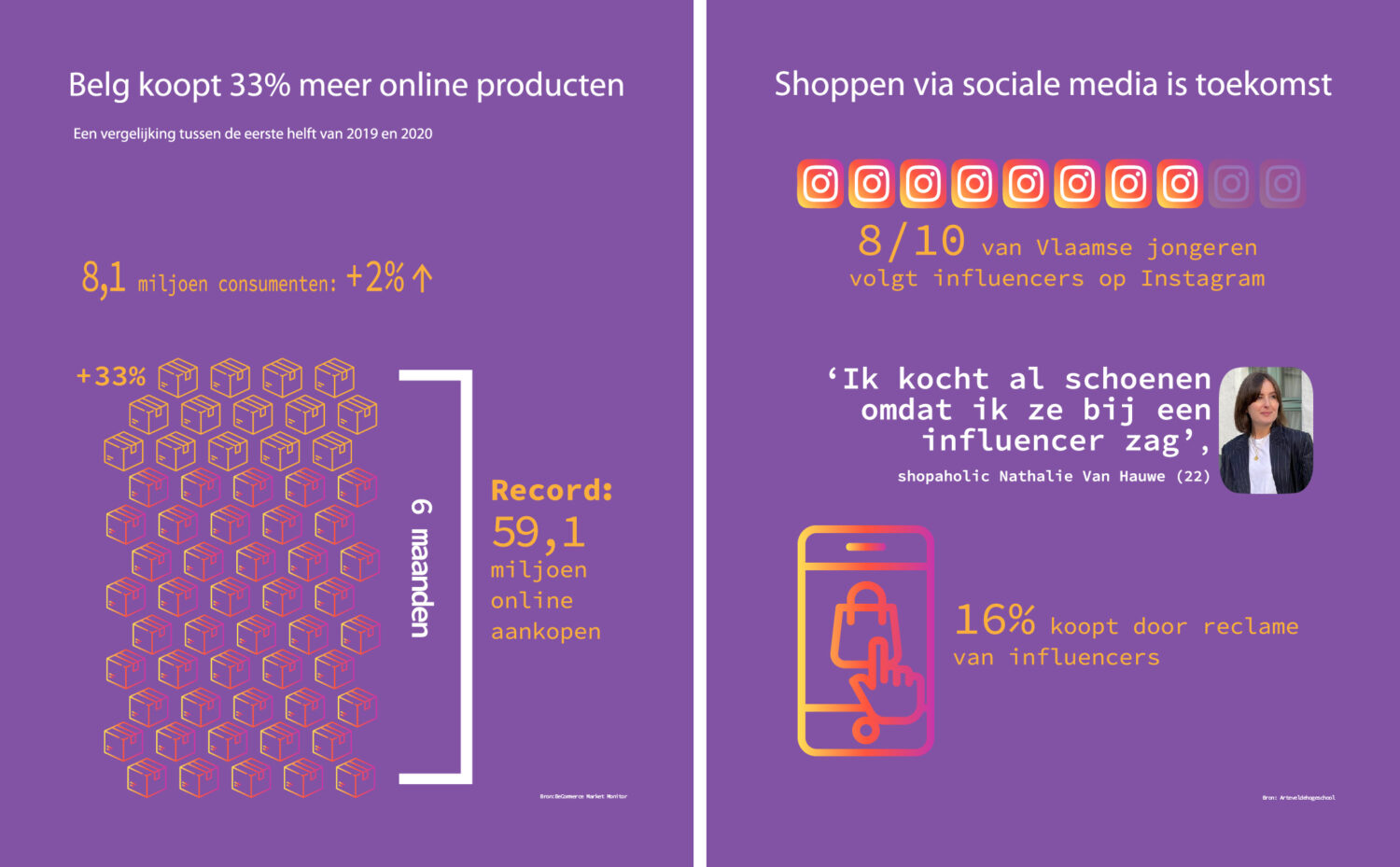Understanding The Psychology Behind Impulsive Online Shopping
Shopping online has completely transformed how we buy things. With endless options, the comfort of shopping from home, and the constant allure of new products, many of us find ourselves making impulsive purchases more often than we'd like. But what drives this habit, and how can we become more aware to make smarter buying decisions? Let's dive into the psychology behind impulsive shopping and why it's so easy to fall into the trap.
Why Convenience Hooks Us
The Call of Convenience
There's no denying the unparalleled ease of online shopping. With just a few clicks, you can buy almost anything, anytime, day or night. This level of convenience dramatically lowers the barrier to making purchases because it requires so little effort. You don't even have to leave your house, which drastically reduces the time between wanting something and actually buying it. This instant gratification fuels our impulse to buy quickly, often without thinking too much about whether we really need the item or what it might mean for our finances.
Read also:Discover The Hottest Celeb Couples A Fun Journey Through Stardom
Social Media's Powerful Influence
The Role of Social Media
Social media plays a massive role in encouraging impulsive buying. Influencers and advertisements constantly bombard us with products that supposedly enhance our lives. These platforms create a never-ending stream of desire and comparison, making it much more likely for us to buy on impulse. Plus, the "shop now" buttons right on social media feeds make it even easier to purchase directly, further amplifying our impulsive tendencies. It's a perfect storm of convenience and persuasion.
The Psychology of Deals and Discounts
Why Sales Work on Us
The psychology behind sales and discounts is a fascinating mix of human emotions and rational thinking. When we're faced with limited-time offers or exclusive deals, it triggers a deep-seated fear of missing out, also known as FOMO. For instance, countdown timers and warnings about low stock create a sense of urgency, making us more likely to buy quickly without fully considering whether we truly need the product. The principle of scarcity—where something is perceived as more valuable when it's in limited supply—plays a huge role here. These tactics are cleverly designed to push us into making snap decisions.
Why "Retail Therapy" Isn't Always Therapeutic
For many of us, shopping is a form of relaxation or even therapy. Browsing and buying can provide a temporary escape from stress or negative emotions. This so-called "retail therapy" can quickly lead to impulsive purchases, though, because we buy things for the short-lived emotional relief they bring rather than out of genuine need. It's important to recognize this pattern if we want to break free from the cycle of impulsive spending.
The Hidden Cost of "Free Shipping"
Free shipping is another big motivator for impulsive buys. Many online stores offer free shipping if you spend a certain amount, encouraging us to buy more than we originally planned just to qualify for the perk. Ironically, this often leads to spending more money on items we don't really need, all to avoid paying for shipping. It's a clever marketing trick that can be hard to resist.
Read also:Celebrity Faces Without Makeup A Candid Look
How Easy Returns Can Backfire
Policies that allow for easy returns can also contribute to impulsive shopping. Knowing you can return an item easily makes it feel less risky to buy something on a whim. This safety net can lead to a "buy now, decide later" mindset, which often results in unnecessary purchases and, ultimately, more waste and frustration. While convenient, easy return policies can sometimes work against us.
Comparing Ourselves to Others
The Pressure to Keep Up
Constantly comparing ourselves to others on social media and feeling the need to keep up with trends can drive impulsive buying. We purchase items to project a certain image or to feel like we're keeping pace with our peers, often without considering whether these purchases align with our real needs or lifestyle. This external pressure can be tough to ignore, but recognizing it is the first step toward resisting it.
The Dopamine Rush of Shopping
The Reward System in Our Brains
Our brains are wired to seek rewards, and shopping activates the reward system by releasing dopamine, a neurotransmitter that makes us feel good. When we buy something new, this "feel-good" chemical is released, contributing to the addictive nature of shopping. However, the pleasure we get from these purchases is usually short-lived, leading us to return for more in an attempt to recapture that feeling. Breaking this cycle requires understanding how it works and finding healthier ways to satisfy our reward-seeking tendencies.
Taking Control of Your Shopping Habits
The Importance of Awareness and Self-Control
Increasing our awareness of the reasons behind our impulsive purchases is the first step toward gaining control over our online shopping habits. By recognizing the triggers that lead to impulsive buying, we can develop strategies to make more thoughtful and satisfying purchasing decisions. This might involve setting limits, like creating budgets, implementing waiting periods before making purchases, or finding alternative activities that keep us from being tempted to shop unnecessarily. Ultimately, it's about being mindful and intentional with our spending so we can enjoy the things we truly value without regret.
Celebrity Self-Help Books: Lessons To Transform Your Life
How Webcams Are Revolutionizing Personal Branding For Celebrities
How To Pick The Perfect Online Casino For Real Money


